Two-hit wonder
We know that carrying one specific DNA variant can increase your risk of autism. What if you carry two?
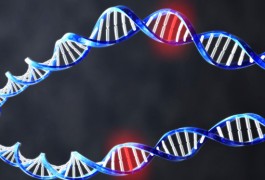
We know that carrying one specific DNA variant can increase your risk of autism. What if you carry two?
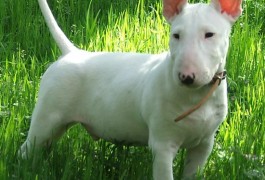
Researchers are using dogs as models of psychiatric and behavioral conditions, including obsessive-compulsive disorder and autism.
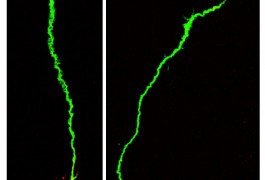
The TSC2 gene, mutations in which cause tuberous sclerosis complex, is needed for budding nerve fibers to find their proper targets in the brain, according to a mouse study published in Nature Neuroscience.
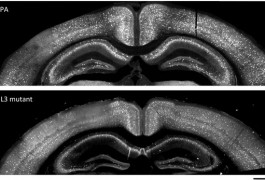
Autism may be the result of faulty wiring that occurs during early brain development, according to two independent studies that looked at the origins of circuit disruption.
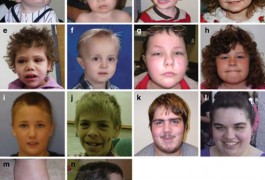
Deletions or duplications of chromosomal segment 16p11.2 — previously reported as a key autism region — are seen in people with developmental delays and speech and behavioral problems, but not necessarily autism. That’s the finding from two large studies published last week of people carrying these rare genetic variations.

Genetic analysis of one Belgian family with a history of autism has pinpointed a piece of DNA on chromosome 16, within a segment thought to be missing in about one percent of all cases of autism. The unpublished data was presented on Saturday at the World Congress of Psychiatric Genetics in San Diego.

Variations linked to autism and schizophrenia crop up in people with a large variety of conditions, including bipolar disorder, seizures and obsessive-compulsive disorder, as well as in healthy people. This notion gained new support from unpublished data presented at the World Congress for Psychiatric Genetics in San Diego.